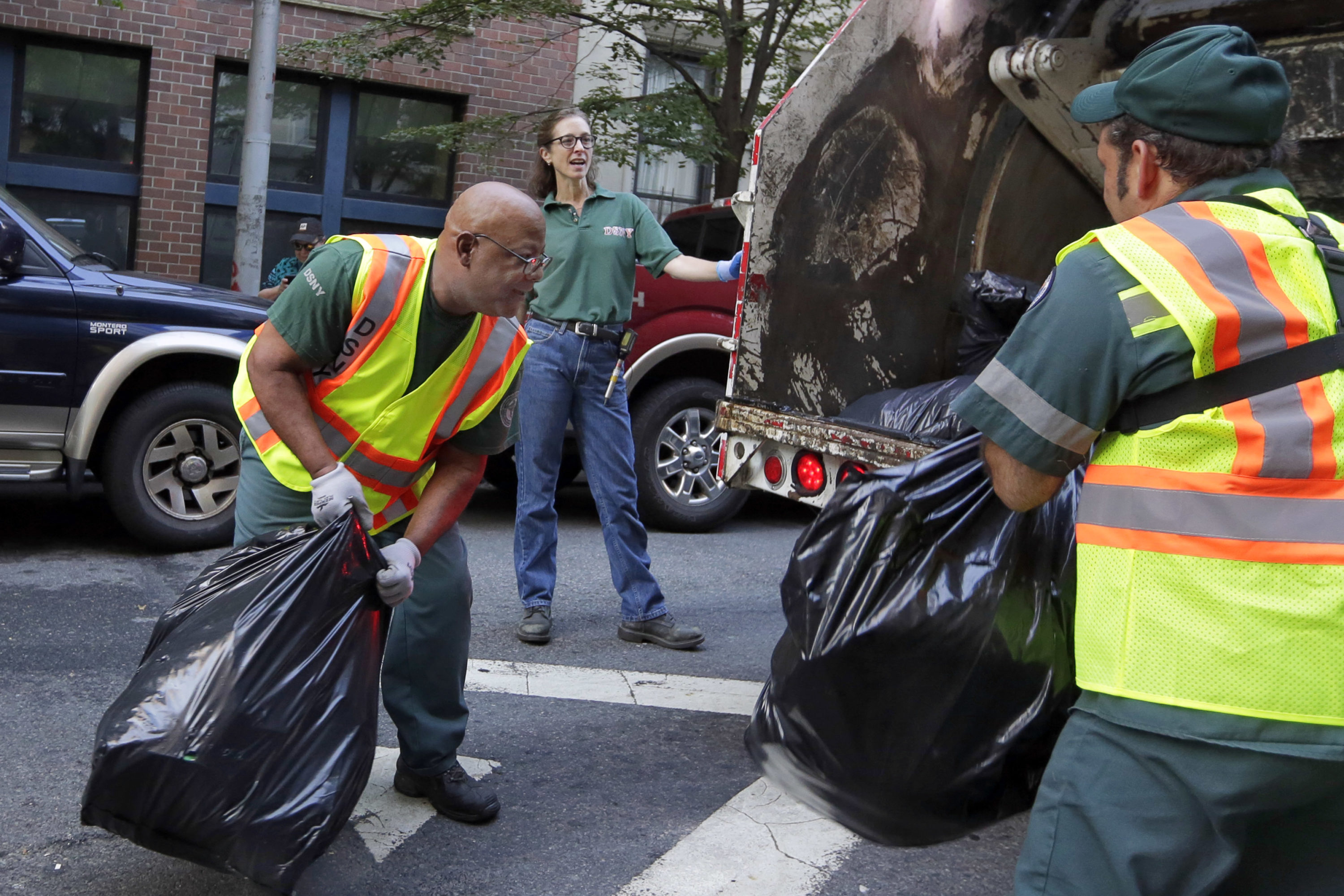New proposal would charge homes for amount of trash produced

The city highlighted on Friday a series of new proposals that could raise or save millions of dollars, while also potentially reducing water and air pollution and the amount of trash entering landfills.
The plans, developed by the city’s Independent Budget Office, range from fining drivers for idling to creating a local carbon tax to implementing a “pay-as-you-throw” waste disposal program.
Doug Turetsky of IBO stressed that the six proposals are merely ideas, and that residents and their lawmakers would be responsible for choosing to enact, amend or reject them.

Brooklyn Boro
View MoreNew York City’s most populous borough, Brooklyn, is home to nearly 2.6 million residents. If Brooklyn were an independent city it would be the fourth largest city in the United States. While Brooklyn has become the epitome of ‘cool and hip’ in recent years, for those that were born here, raised families here and improved communities over the years, Brooklyn has never been ‘uncool’.